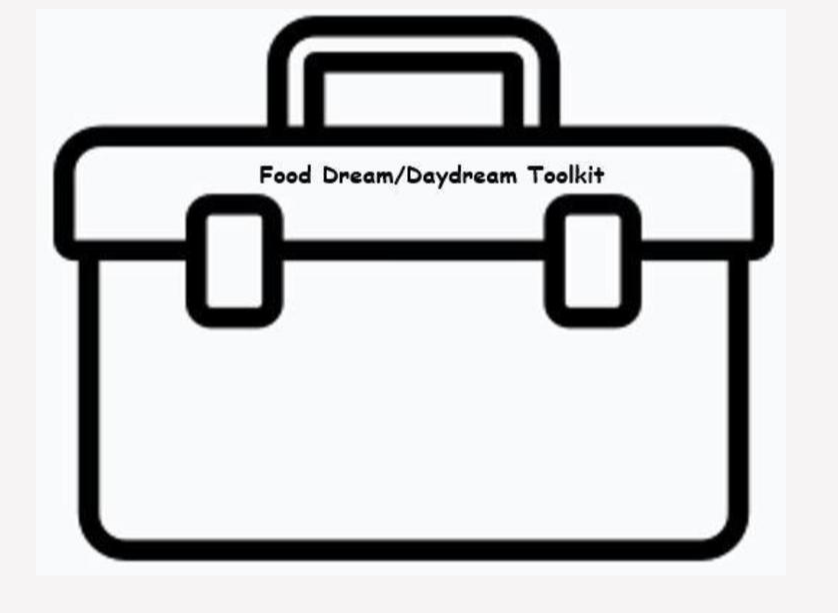Monday
Early Morning Work
Screenshot the image below and complete.
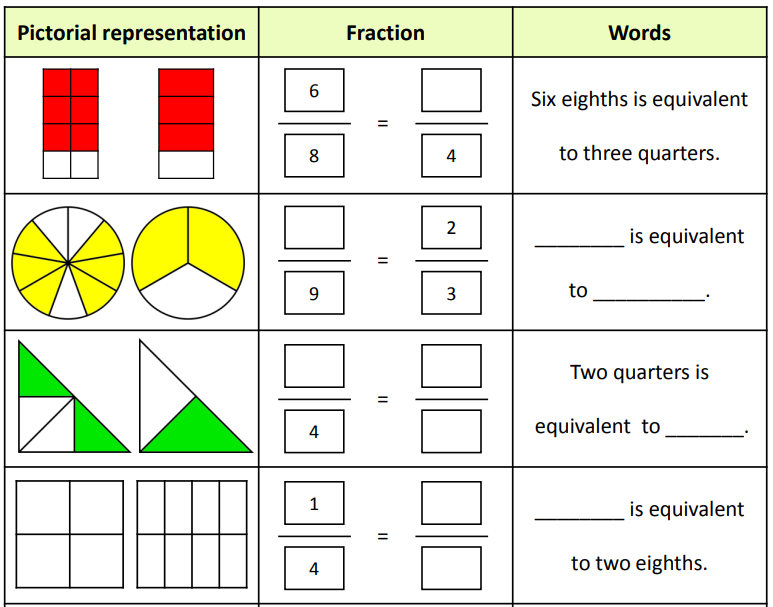
RE
Monday 23rd June 2025
LC: To identify Christian values exemplified in the Fruit of the Spirit.
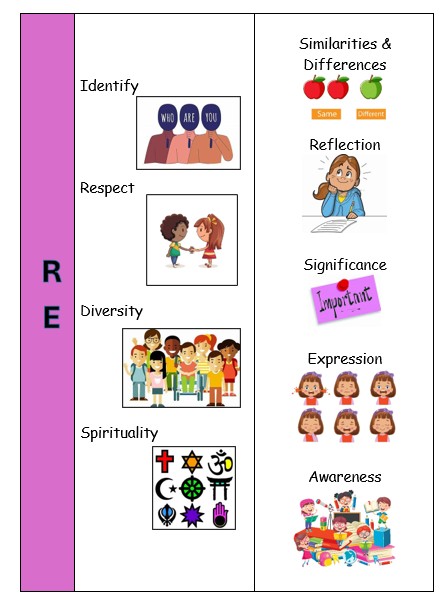
/i/video/Year_3/Fruit_of_the_Spirit.mp4
How might theses characteristics inspire people to make a difference in the local community?
🍎 Good Fruit (Fruit of the Spirit)
-
These are the things God wants us to grow in our hearts:
-
Love – caring for others
-
Joy – being happy with God
-
Peace – helping others get along
-
Patience – waiting calmly
-
Kindness – doing nice things
-
Goodness – choosing what’s right
-
Faithfulness – trusting and sticking with God
-
Gentleness – being soft and caring
-
Self-control – doing what’s right even when it’s hard
🍋 Bad Fruit (Things to Turn Away From)
These are behaviours the Bible says we should avoid:
-
Hate – being mean or cruel
-
Jealousy – wanting what others have
-
Anger – shouting or hurting others
-
Laziness – not helping or doing our part
-
Lying – not telling the truth
-
Selfishness – only thinking of yourself
-
Talk Partners
1. Have you shown any Fruit of the Spirit? When?
2. Have you shown any bad fruits? When?
3. Share with the rest of the class!
Activity 1
Stick the Fruits of the Spirits down the left side of your book. Cut out the meanings and stick them next to the correct Fruit.
|
Love |
|
Joy |
|
Peace |
|
Patience |
|
Kindness |
|
Goodness |
|
Faithfulness |
|
Gentleness |
|
Self-Control |
You will be given a fruit.
1. Think of an example of how you have shown that value.
2. Write your example on the fruit.
3. Colour them in, cut them out and add it to our fruit bowl.
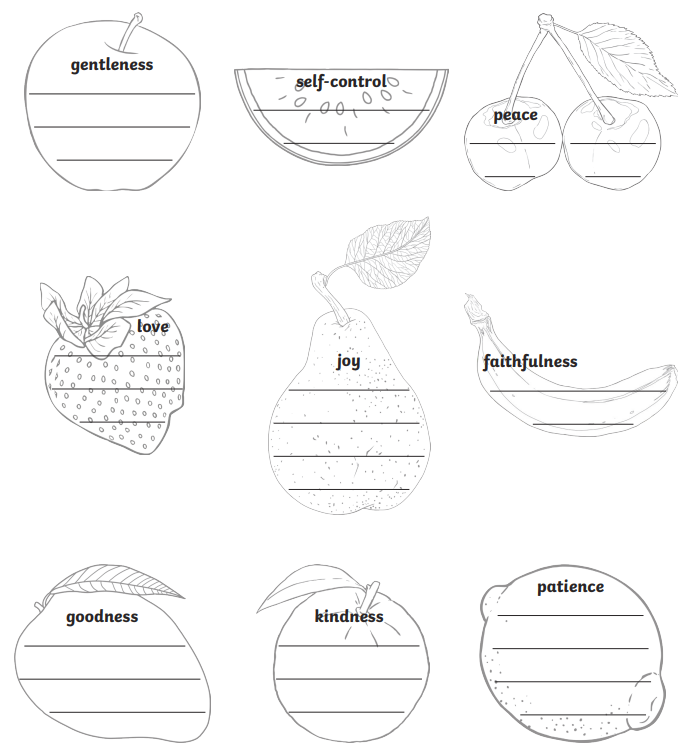
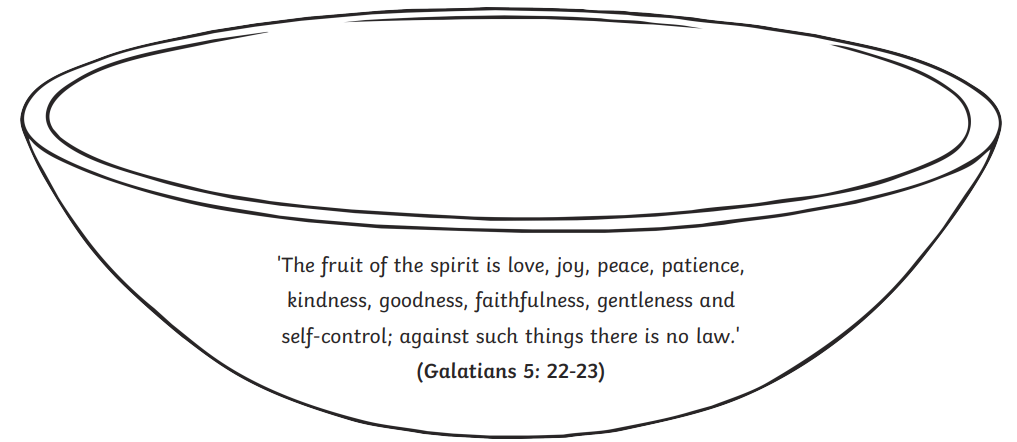
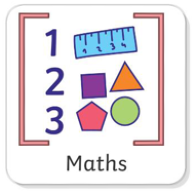
Maths
23.06.25
LC: To recognise 3D shapes in different orientations.
Take a look at these common 3D shapes and their properties:
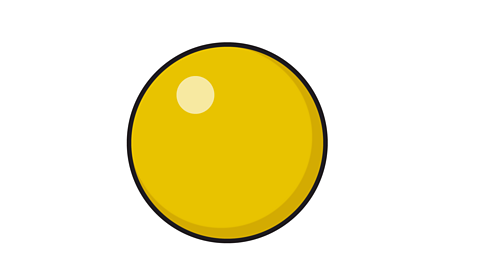
Sphere
Balls are shaped like a sphere.
Properties:
- 1 curved face
- No vertices
- No edges

Cube
Dice and sugar cubes are shaped like cubes.
Properties:
- 6 faces (all shaped like squares)
- 12 edges
- 8 vertices
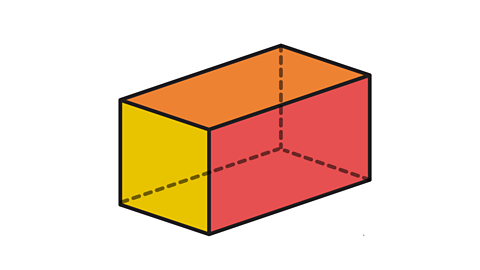
Cuboid
Fridges and wardrobes are usually shaped like cuboids.
Properties:
- 6 faces (all rectangular, or a mixture of rectangles and squares)
- 12 edges
- 8 vertices
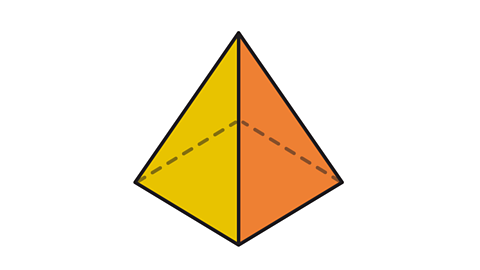
Square-based pyramid
The pyramids in Egypt look like square-based pyramids. They are called square-based pyramids because the face on the bottom is a square.
Properties:
- 5 faces (1 square and 4 triangular)
- 8 edges
- 5 vertices
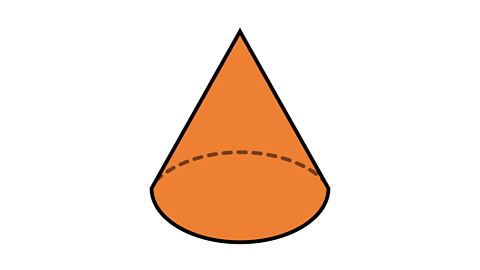
Cone
Ice cream cones, traffic cones and birthday hats are shaped like cones.
Properties:
- 2 faces (1 circular at the base and 1 curved)
- 1 edge around the base
- 1 vertex

Cylinder
These look like tubes and toilet rolls.
Properties:
- 3 faces (2 circular and 1 curved)
- 2 edges
- 0 vertices
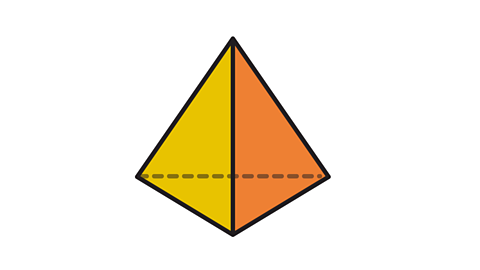
Triangular-based pyramid
A triangular-based pyramid.
Properties:
- 4 faces (all triangular)
- 6 edges
- 4 vertices
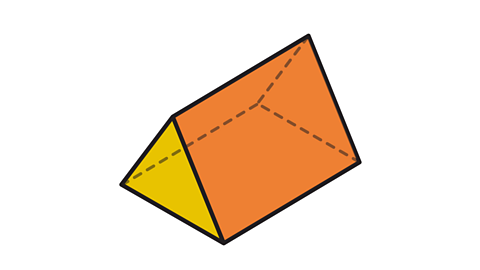
Triangular prism
Door stops and tents are examples of triangular prisms.
Properties:
- 5 faces (2 triangular and 3 rectangular)
- 9 edges
- 6 vertices
Activity
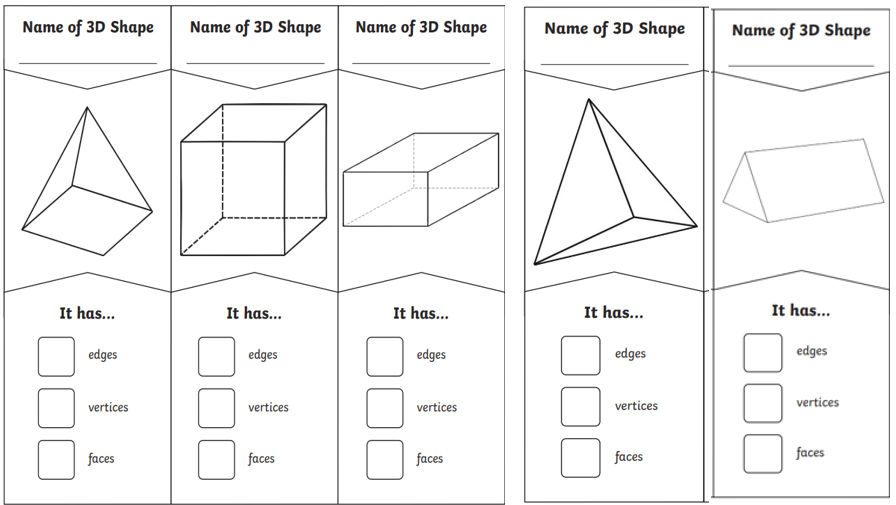
Now complete your Freckle task!

English
Grammar
Monday 23rd June 2025
Explore complex sentences using different conjunctions.
-
A subordinating conjunction is the word or words used to join two clauses together in a complex sentence.
-
They are words such as because, although, unless, whereas.
-
They do the job of showing the relationship between the two clauses and showing us which is the most important.
Let's watch a short clip on how we can include subordinating conjunctions in our sentences.
Let's identify where the subordinating conjunctions are in the sentences below...
When the Spider asked the Fly into his parlour, she refused to enter.
The fly wouldn't go into to the pantry although she was hungry.
After the Fly refused his third request, the Spider told her she was witty and wise.
The Spider invited the Fly into his house because he wanted his supper.
Main
Monday 23rd June 2025
LC: Read and analyse narrative to help plan my own version.
Introduction (Prologue)
As well as a description of the setting and main character, our prologue is going to include a short scene where the Spider is dreaming or daydreaming about food.
Prologue
A prologue is an introductory part of a play or a story. The main purpose of a prologue is to provide some background information that is important for the current story. The prologue provides the reader with information about the characters and their backgrounds that is necessary for us to understand the story we are about to read.
I want you to all close your eyes and think of a time of when your teacher or family member might had asked you if you are day dreaming. Your teacher might had said to you "stop daydreaming and concentrate on your work."
This means, that instead of concentrating on what someone is saying, your mind has drifted to think about something else.
Has this ever happened to you? Discuss with your talk partners what you might had been dreaming about whilst in lesson...mine is usually dreaming about food!
Our job is to write a daydream about the spider thinking about delicious foods. This will be added to our introduction that we started to plan on Friday.
We are going to read, analyse, collect ideas and create a toolkit for a dream or daydream scene.
Let’s take a look at some famous video clips to help us with our learning!
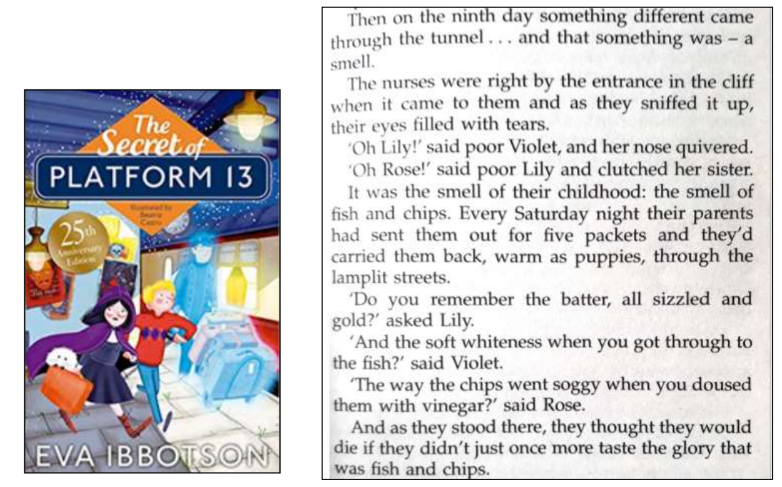
/i/video/Itrat_Ali/Summer_2/English/Week_4/Monday/WILLY_WONKA_AND_THE_CHOCOLATE_FACTORY__Pure_Imagination_Gene_Wilder__1971_.mp4
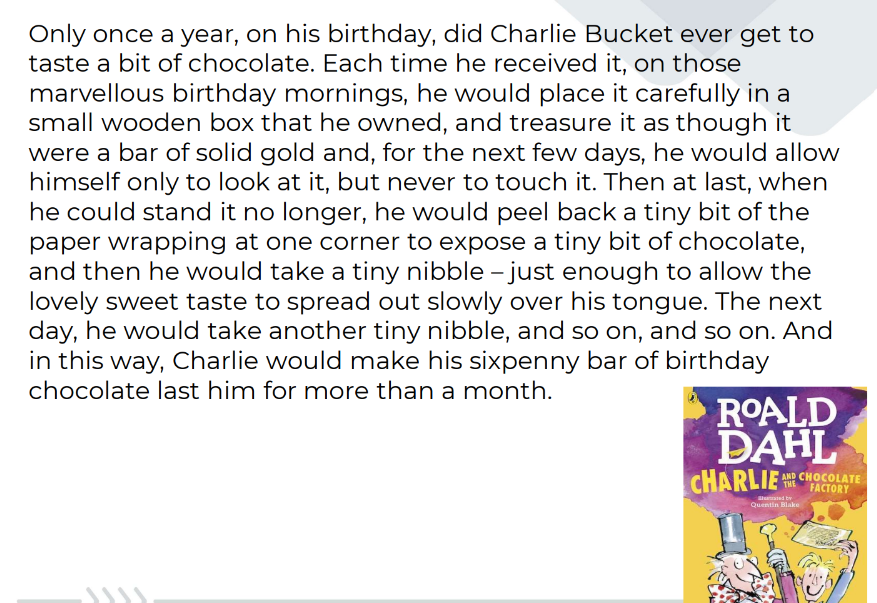
What can we add to our toolkit?
